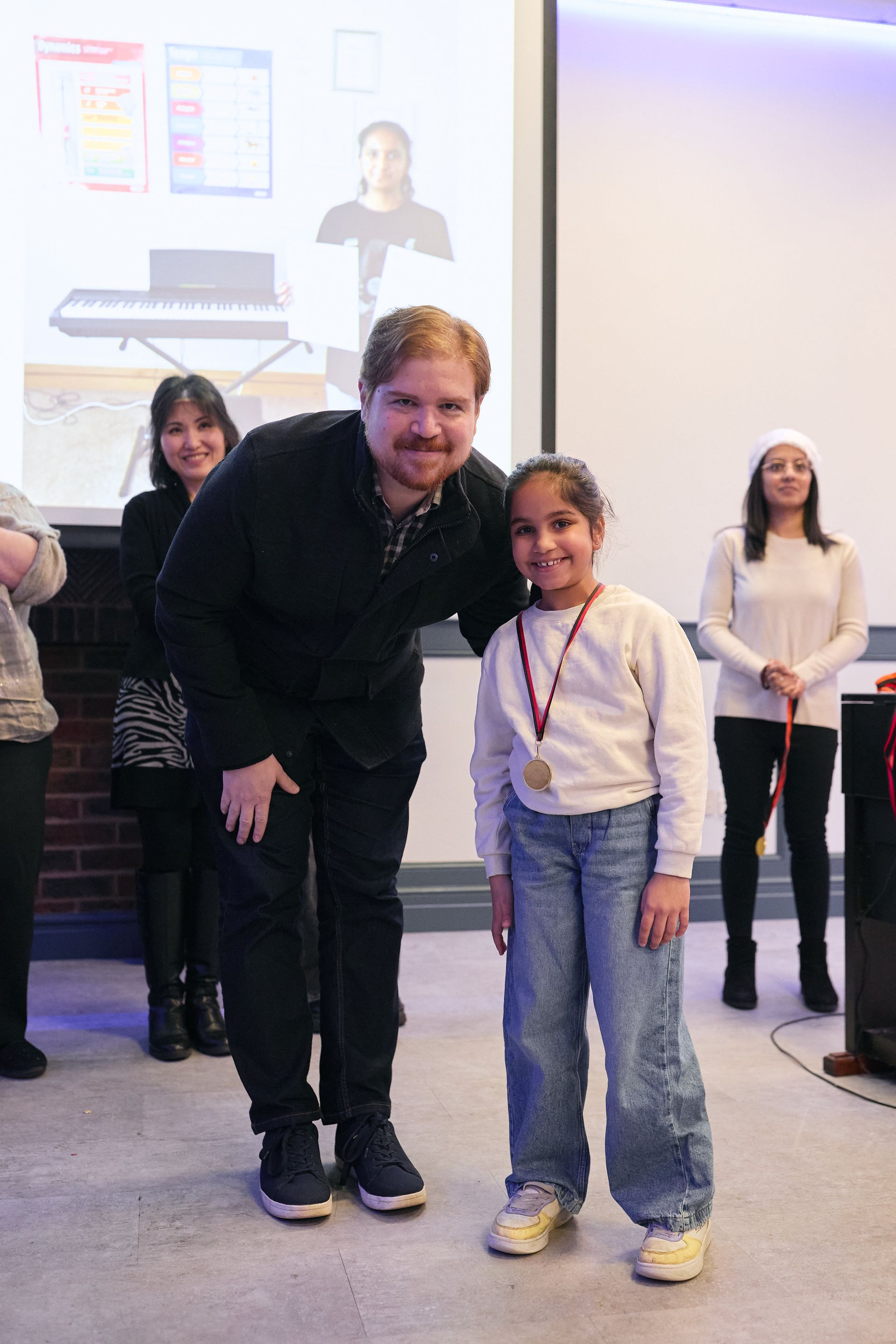Overcoming Common Misconceptions Three Reasons People Hesitate to Begin Piano Lessons
For many people, learning to play the piano is a dream, yet numerous aspiring musicians hold themselves back due to misconceptions that have little to do with the actual cost of lessons. Let's explore three common reasons people believe they can't start piano lessons and why these obstacles are easier to overcome than you might think.
1. "I'm Too Old to Start Learning"
Many adults feel that piano lessons are only for children or that they have missed the window of opportunity to learn an instrument. This is very interesting as there is no age limit and many adults find it to be a highly rewarding and enriching experience.
Adults often have a better sense of discipline and a clearer understanding of their goals compared to younger learners. Moreover, adult learners can take advantage of their developed cognitive skills to grasp music theory and practice techniques more efficiently. It's never too late to start, and every step forward is a step towards a lifelong appreciation of music.
2. "I Don't Have Enough Time"
In our fast-paced lives, finding time for new activities can seem daunting. However, learning the piano doesn't require hours of daily practice. With effective time management, even busy individuals can incorporate piano practice into their schedules.
Start by setting aside just 15-30 minutes a day. The key is consistency rather than the length of each practice session. Many people find that playing the piano becomes a relaxing and enjoyable break from their daily routine, making it easier to stick with. Additionally, structured lessons can help you make the most of your practice time, ensuring steady progress without overwhelming your schedule.
3. "I'm Not Naturally Talented"
A common myth is that only those with a natural talent for music can learn to play the piano well. While some individuals may have an innate affinity for music, the vast majority of skilled pianists have achieved their proficiency through dedicated practice and instruction, not just natural talent.
Learning the piano is a journey that involves developing a range of skills, including hand coordination, reading music, and understanding rhythm. These skills can be learned and improved over time with patience and practice. Structured lessons and a supportive instructor can help you build confidence and competence, regardless of your starting point.
Break Down Barriers with Key Sounds UK
At Key Sounds UK, we understand these common concerns and are here to help you overcome them. Our personalized piano lessons are designed to fit into your lifestyle. Whether you're an absolute beginner or looking to refine your skills, our experienced instructors will guide you every step of the way.
Feel free to get in touch to learn more about our flexible piano lesson plans and start your musical journey with confidence. Remember, the best time to start is now!



